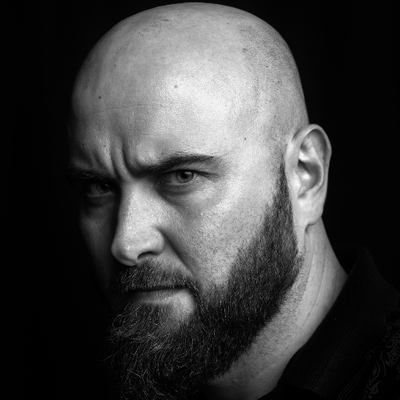The Przemysl regional court granted the prosecutor’s request and agreed to extend the preventive detention of Spanish journalist Pablo González for another 3 months.
González’s lawyer said he will file an appeal against the court’s decision. However, for now, González will remain in custody.
“The court decided to extend the arrest for another 3 months,” said Pablo González’s lawyer, Bartosz Rogasa. Rogasa said that according to Polish law, at this stage he was not allowed to share the details of the justification for the court’s decision.
“The arrest hearing was part of the preparatory proceedings and therefore remains classified,” Rogasa explained.
Rogasa said he and his client will file an appeal with the Rzeszów appeals court within seven days.
“Today’s court decision is not final but it is enforceable, which means that Mr. González remains in custody,” Rogasa said.
Pablo González, a freelance journalist who also has Russian nationality, was arrested on February 28 in Przemysl by the internal security agency (ABW).
ABW accused González of being an agent of GRU, Russian military intelligence.
In Przemysl, a town on the Polish-Ukrainian border, Pablo González reported on the exodus of Ukrainian refugees to Poland in the first days of the Russian aggression against Ukraine.
A three-month preventive detention order was issued against him, which would expire on May 29.
Today’s court decision is the result of a prosecutor’s request filed last week.
In a press release published after González’s initial arrest, the press office of the coordinator of the Polish secret services accused González of using his status as a journalist to travel freely throughout Europe and the world, including areas of military conflict.
On April 19, the Polish newspaper Gazeta Wyborcza reported that the Internal Security Agency had also arrested another journalist on the same charges.
However, in his case, the court rejected the prosecutor’s request for detention.
González’s arrest generated objections from several institutions.
For example, in March, the International and European Federations of Journalists called on the Polish government to release González and drop the charges against him, saying arresting him was an attack on press freedom and democracy.
Calls to release González were also echoed by the International Press Institute, which argued that the case raises concerns about its lack of transparency.
About two weeks ago, González’s lawyer in Spain, Gonzalo Boye, intervened in the Parliament of the Navarra Region urging the authorities to take a closer look at González’s case and ensure that his rights are guaranteed.
Conforms to The Trust Project criteria
















